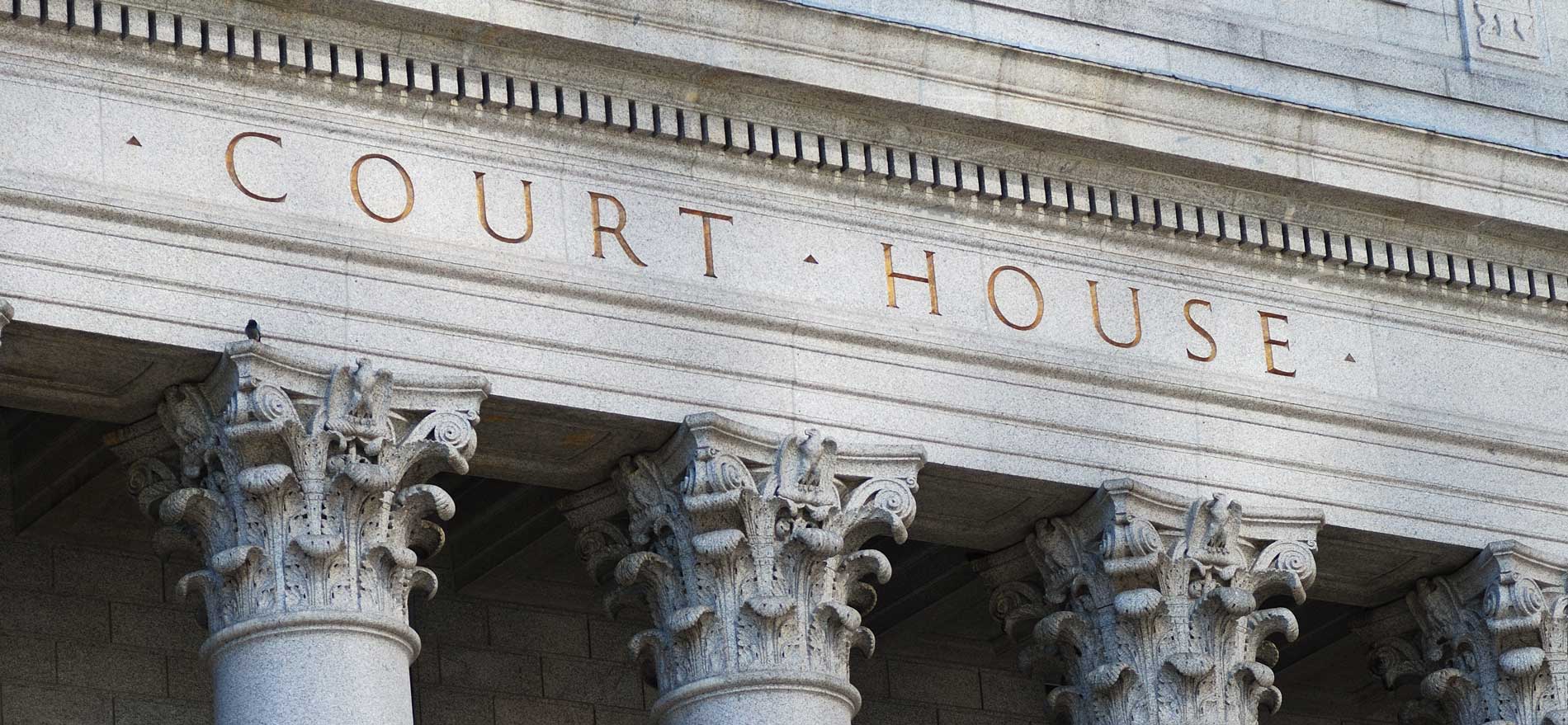
I have just read this report regarding an accident in June 2022 which highlighted failings in a company’s health and safety procedures.
These failings resulted in the company and three individuals being found guilty of various offences and receiving significant sentences.
The case of Regina v Greenfeeds Limited and others which concluded June 2022 serves as a stark reminder to company directors and senior managers of the need to ensure they are fulfilling their health and safety obligations.
The company produced biofuel and pig feed from recycled products which they delivered to customers using road haulage tankers.
From the reports, a method for cleaning the tankers which was inherently unsafe had been allowed to develop and ultimately led to the deaths of two employees. The cleaning was carried out by an employee entering the tanker and cleaning the inside with a power hose whilst a second employee was nearby.
On 22 December 2016, an employee fell into a tanker containing semi-liquid pig feed during a cleaning operation. A second employee tried to rescue the first, but soon got into difficulties himself. The two men were rescued from the tanker and emergency medical assistance provided but sadly they both died at the scene.
Following a criminal investigation by the Police and the Health and Safety Executive the company and three individuals were charged.
The case serves as a valuable reminder of the harsh punishments which can be handed down by the courts in the event of serious health and safety breaches culminating in death.
Key points to note:
- The event of liquidation will not mean an end to any prosecution and financial penalty. Greenfeeds Limited had pleaded to a breach of section 2(1) of the Health and Safety at Work etc. Act 1974 (HSWA). It pleaded not guilty to the two counts of corporate manslaughter and was subsequently convicted at trial. The company although in liquidation was fined £2 million in addition to an order for contribution to prosecution costs made.
- Given the current financial landscape and the fact that COVID-19 and its related lockdowns may contribute to some business going into administration or liquidation, the HSE and the other regulators are likely to consider the culpability of individuals rather than just that of the company. In this case three individuals were charged alongside the company. However, although relatively rare it is not unheard of for individuals to be in the dock without a corporate entity standing beside them.
- Delegation of the day to day running of a business does not absolve you from personal liability as a director. In this case Ian Leivers the managing director was found guilty of a charge pursuant to section 37(1) of the HSWA as a director for the company’s failure to comply with section 2(1) of the same Act. He was sentenced to 20 months’ imprisonment and disqualified from being a company director for 10 years.
- Further, you cannot escape individual liability by not having ‘director’ in your job title or by not being listed as a Companies House director. The regulator will look at the reality of the situation. If you are a manager or company officer, you can find yourself the subject of a charge. Gillian Leivers, who received the most severe sentence of all, 13 years imprisonment and a 15-year directors disqualification order, was not listed at Companies House as a director however she was listed a person with significant control due to the number of shares she owned and her voting rights. Further the case against her was she was in day-to-day charge of the site. As a result, she was charged and subsequently found guilty of two counts of gross negligence manslaughter and a charge pursuant to section 37(1) of the HSWA.
- The risk of individuals at all levels of management being convicted of a health and safety offence and receiving a custodial sentence is real. Although acquitted of the two gross negligence manslaughter charges, the third individual in the, case Stewart Brown who was the transport manager, was found guilty of a breach of section 7 of the HSWA and received a one-year prison sentence suspended for two years.
- Although the Greenfeed case can be seen as an extreme case of a failure to control safety, prison sentences can be handed out for lesser failings so management should not be complacent. It is essential that directors know their collective as well as their individual duties and responsibilities and keep practices under review. Many serious safety cases in the past have management failings as a root cause. It is worth remembering a health and safety conviction has far reaching consequences for a business beyond that of a court case. Reputational damage from vast press coverage can have a major impact on a business; the disclosure of any health and safety convictions is a common requirement on most tender questionnaires. So, a conviction can make it hard to win future business.
Being knowledgeable about your duties as a director will help reduce the risk of bad practices developing and becoming endemic within your business. If you need a refresher on your health and safety duties as a director, we can provide in-house training on this topic so please get in touch if you require any further information.
